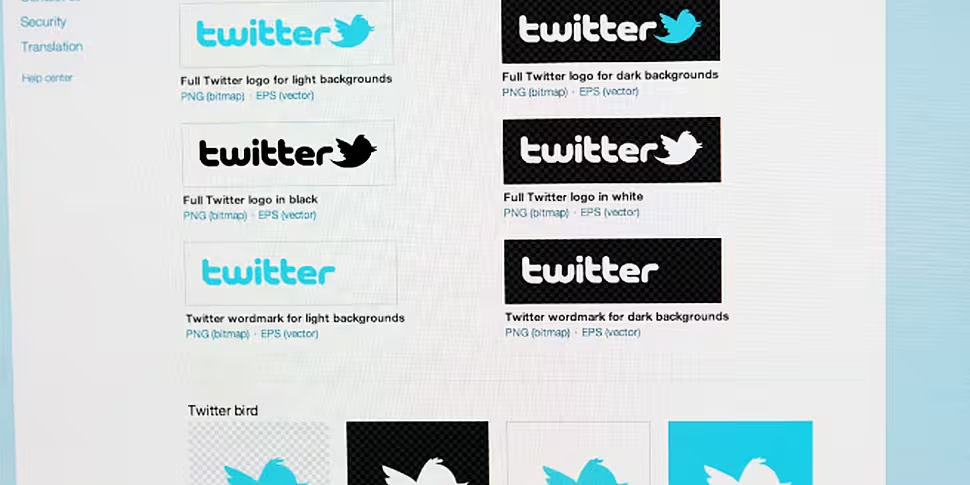Shares in Twitter have fallen by some 11 percent after it posted disappointing engagement figures in the third-quarter. The lower than expected figures compound concerns over the future growth prospects of the company.
Here are three core questions the social media platform needs to address in order to retain its edge and convince investors it hasn't already peaked:
1. Can Twitter remain relevant to both users and investors as the market goes mobile?
The increasing prevalence of mobile technology raises a number of issues for Twitter. While the number of users with smart devices continues to grow, Twitter is now directly competing with social media applications and messaging sites like SnapChat and WhatsApp to secure users’ attention in an increasingly noisy market.
Facebook has faced the same issue albeit with the benefit of a larger user base of 1.3 billion active users to Twitter’s 284 million. However, Facebook has aggressively perused companies who have been eating into their screen time having acquired the photo-sharing app Instagram, and more recently the mobile messenger WhatsApp. It has also rolled out its own mobile messaging service, Facebook Messenger. These measures have ensured that Facebook has remained attractive to investors while the market has gone mobile. Business Insider suggest that Facebook Inc has 2.2 billion users across all of its platforms.
As well as having a much smaller user base, Twitter is also massively reliant on its flagship offerings – the website and mobile app. Recent poor engagement figures suggest that they may be failing to bridge the transition to mobile as users choose to spend their time elsewhere.
2. Can they attract more users by tweaking the product?
In a move to improve user engagement, Twitter has been rumoured to be planning changes to the mechanics of users’ homepages so that heavily shared content will be prioritised. This would make the timeline mechanics more similar to Facebook’s ‘Newsfeed’. It is hoped that these changes will encourage users to engage more with the Twitter’s content making it more accessible to new and casual users.
There are fears that the platform can be intimidating for new users who are not used to the frenetic flow of content on the site.
The company faces a difficult balancing act. Tweaking the platform to try to attract new users runs the risk of alienating their core audience who are used to viewing an unaltered flow of tweets. The same early-adapters who embraced Twitter might start to migrate to newer sites like the invite-only Ello social network.
Ello is marketing itself as an alternative to both Facebook and Twitter. Ello promise users that it will not sell any of their personal information to advertisers and that the site will have no advertising. Ello is making minor inroads in the market. If Twitter make too many changes to its user experience, or become too similar to Facebook, the company may find their primary audience migrating away from the site.
3. Is the market overreacting?
Twitter has outperformed Wall Street’s earnings expectations since its initial public offering. The severity of the drop might be an overreaction as investors place unrealistic expectations on the company but the central issue at play is the same question that has been hanging over the service for some time – can it gain broader mainstream appeal?
The site has gained a large number of users and been embedded into the fabric of modern culture. Television, radio, newspapers and most other media forms have embraced Twitter. Their constant ‘calls to action’ based around different hash-tags and handles offer the company advertising and a sense of cultural relevance that money cannot buy – but the question is, where does it go from here?
The extent of the drop in the share price may have been an overreaction but Twitter faces real challenges convincing the market that the company has not already passed its prime.









